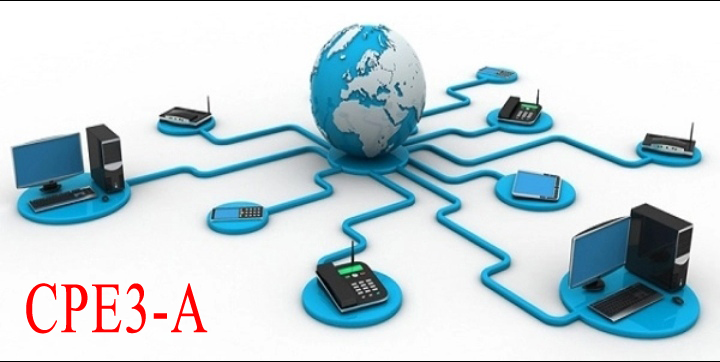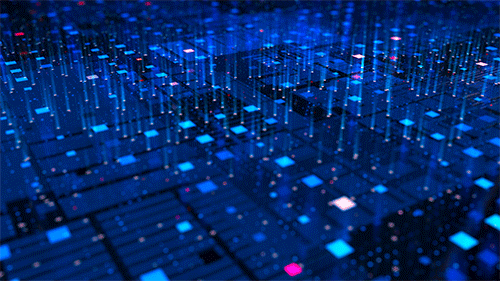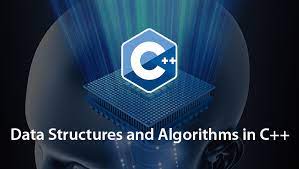
DATA STRUCTURES AND ALGORITHMS
This course provides an
introduction to computer algorithms and data structures. It covers the design,
analysis, and implementation of data structures and algorithms to solve
engineering problems using and aobject-oriented programming language. Topics
include elementary data structures, (including arrays, stacks, queues, and
lists), advance data structures (including trees and graphs), the algorithms
used to manipulate these structures, and their application to solving practical
engineering problems, and other topics that include sorting and searching
algorithms.
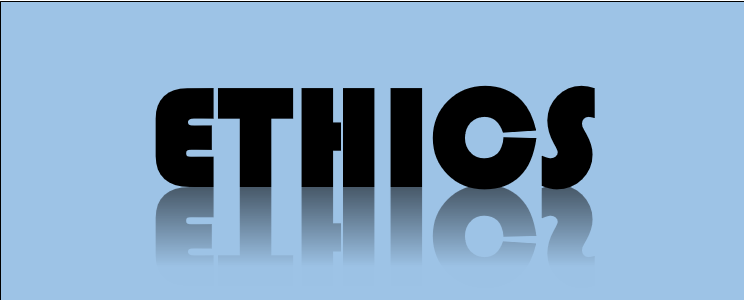
ETHICS
This course includes
moral issues and decisions
confronting individuals and organizations involved in engineering. It focuses on the study of the code
of ethics, conflict of interest,
safety and risk tradeoffs in design,
confidentiality, behavior in the work place,
intellectual property, patents, trade secrets,
and contemporary issues in engineering.

RIZAL'S LIFE, WORKS AND WRITINGS- BSMA/BSCPE 2
This course studies
the life and works of Dr. Jose P. Rizal and their influence and relevance in
contemporary Philippine society. It aims to deepen and strengthen the student’s
sense of nationalism by making her fully realize her worth as a Filipino.
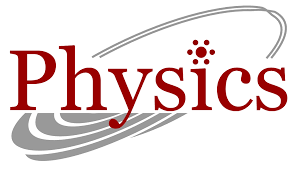
PHYSICS FOR ENGINEERS
This course covers vectors; kinematics; dynamics; work, energy and power; impulse and momentum; dynamics of rotation; elasticity; and oscillation. Fluids; thermal expansion, thermal stress; heat transfer; calorimetry; waves; electrostatics; electricity; magnetism; optics; image formation by plane and curved mirrors; and image formation by thin lenses.
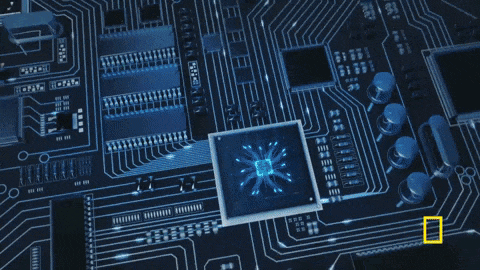
Computer Engineering as a Discipline
This course discusses the curriculum for Computer Engineering as well as how to
prepare students for success through the engineering design process, ethical
decision-making, teamwork, and communicating to diverse audiences.
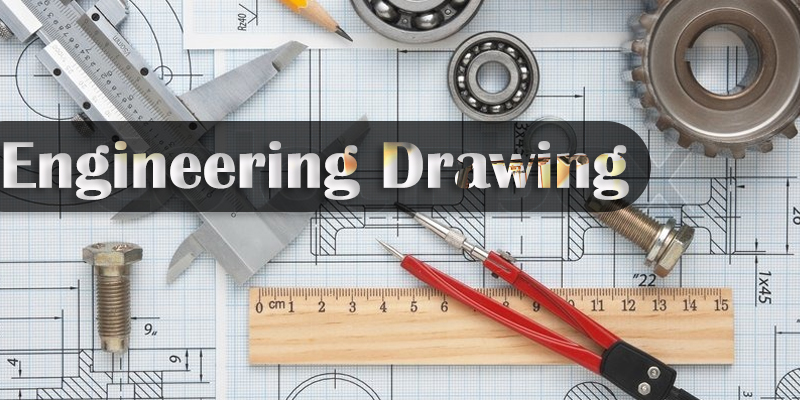
ENGINEERING DRAWING
This laboratory course is designed to develop abilities needed to develop, accurately locate and interpret dimensions on and read engineering drawings. Practices and techniques of graphical communication; application of drafting instruments; lettering scale, and units of measure; descriptive geometry; orthographic projections; auxiliary views; dimensioning; sectional views; pictorial drawings; requirements of engineering working drawings; and assembly and exploded detailed drawings. Knowing the guidelines of engineering drawings will boost the confidence of each student to face unexpected scenario when it comes to engineering designs and details.

Introduction to HDL (CPEN11)

Digital Signal Processing (CPEN23)
The course includes the need for and tradeoffs made when sampling and quantizing a signal; linear . time-invariant system properties; frequency as an analysis domain complementary to time; and filter design.
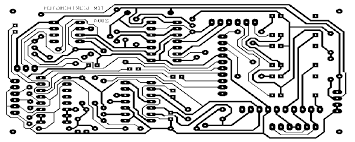
Computer Engineering Drafting and Design
This course focuses
on the principles of layout of electrical and electronic drawings, stressing
modern representation used for block diagrams, wiring/assembly drawings and
printed circuit board layouts.
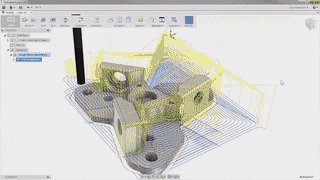
Computer-Aided Drafting
This
course is designed to enhance the knowledge and skills of every learner in
generating good drawings with speed, accuracy and efficiency through the use of
AutoCAD which is a special drawing software used for designing products. It
also has strong interpretation to the objectives of the changing needs of
technological innovation and reengineering of traditional drawing methods.

Computer Architecture and Organization (CPEN20)
This course includes the study of the evolution of computer architecture and factors influencing the design of hardware and software elements of the computer systems. The focus is on the understanding of the design issues specially the instruction set architecture and hardware architecture.

Embedded Systems (CPEN19)
This course provides advanced topics in embedded systems design using contemporary practice; interrupt-driven, reactive, real-time, object-oriented, and distributed client/server embedded systems.

PHYSICS FOR ENGINEERS
This course covers vectors; kinematics; dynamics; work, energy and power; impulse and momentum; dynamics of rotation; elasticity; and oscillation. Fluids; thermal expansion, thermal stress; heat transfer; calorimetry; waves; electrostatics; electricitry; magnetism; optics; image formation by plane and curved mirrors; and image formation by thin lenses
